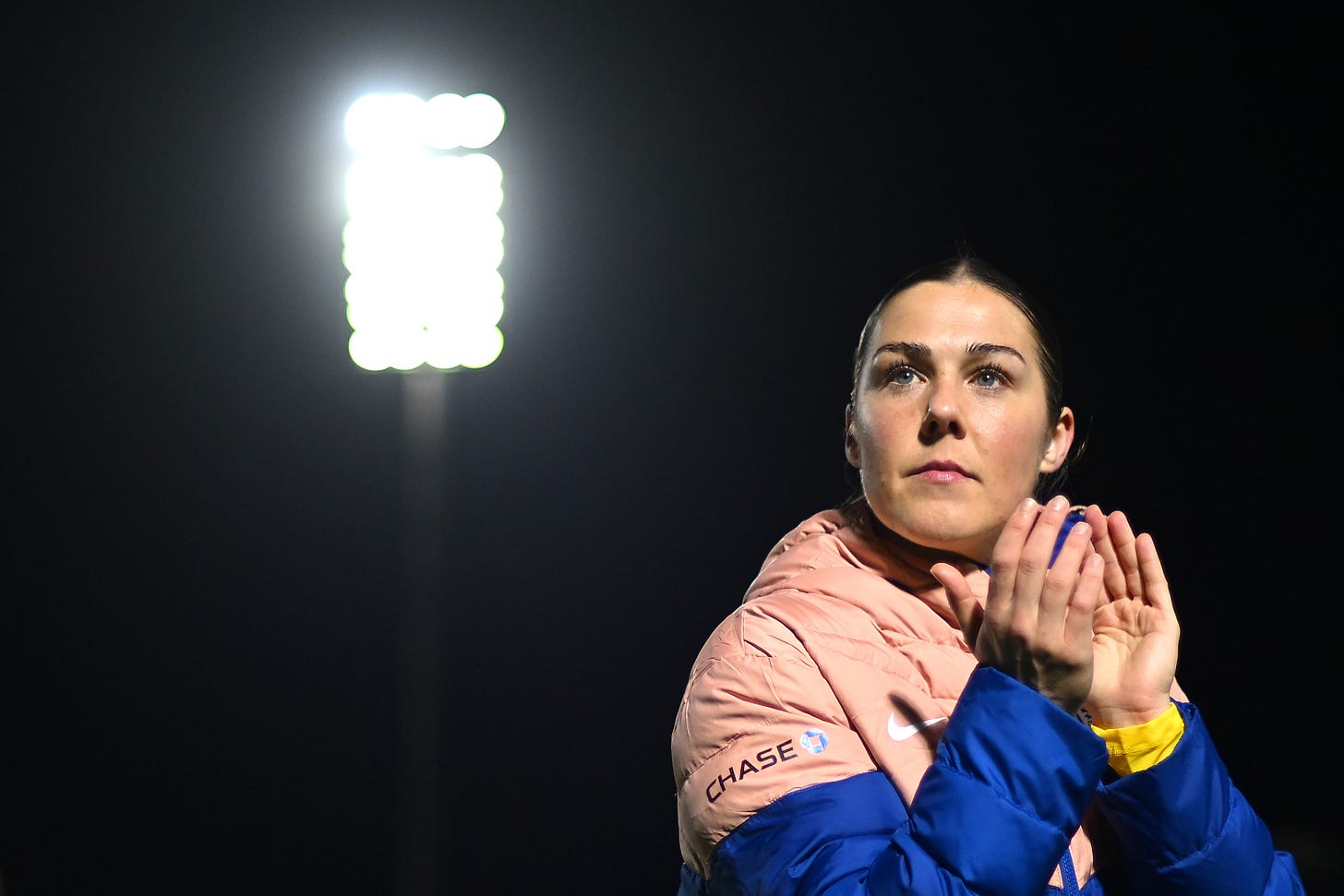Mary Earps and the dangers of the 'girl-bossification' of women's sport
When 'girlboss' personas and toxic-positivity clash in the women’s game
Any woman that has grown up in the 21st century has probably become familiar with the term “girlboss”.
I first came across it in the 2010s when I read a book of that name written by Sophia Amoruso, the founder of NastyGal, a vintage clothing website that went bankrupt in 2016 and was sold off to fast-fashion giant BooHoo (now known a…




